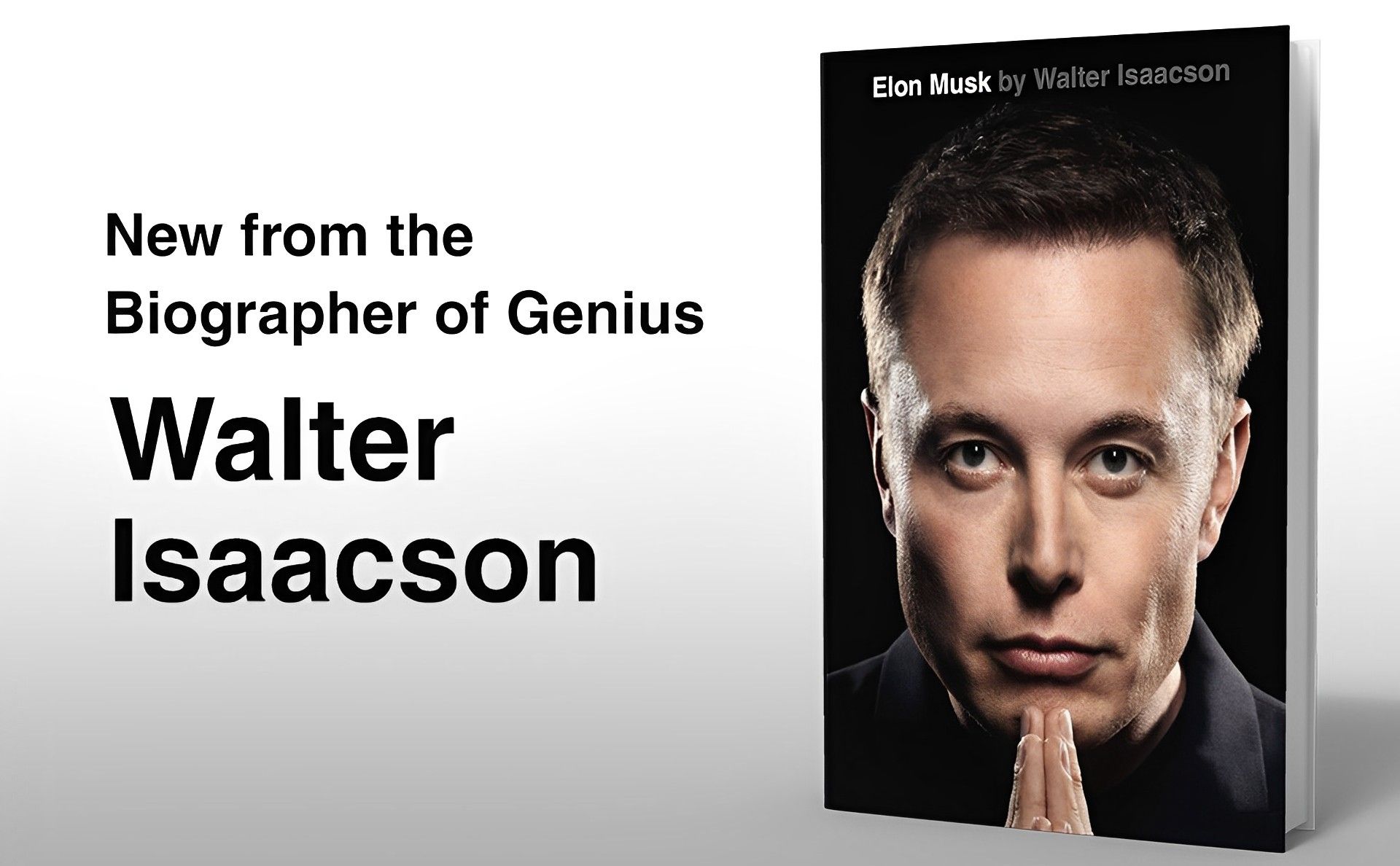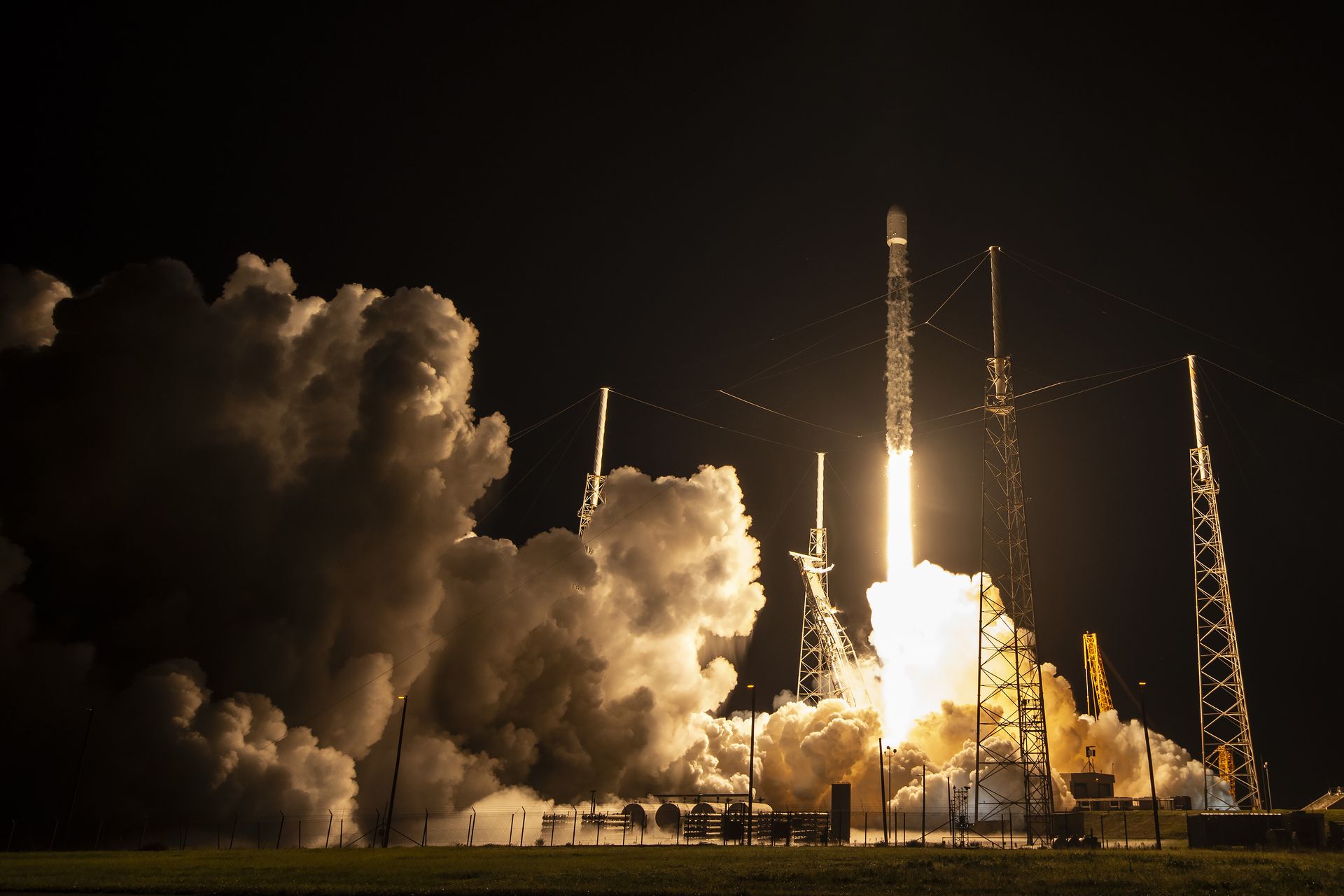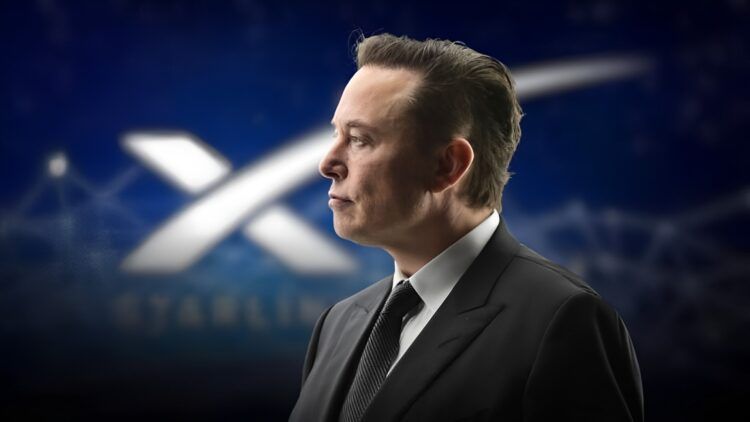In a surprising turn of events, a new biography by Walter Isaacson has shed light on why Elon Musk turned off Starlink during a Ukraine attack on the Crimean coast last year. This move was allegedly aimed at thwarting a Ukrainian drone attack on Russian warships.
The biography, set to release soon, unveils Musk’s apprehensions about potential nuclear retaliation from Vladimir Putin in response to a Ukrainian offensive on Russian-occupied Crimea. This article delves into the details surrounding this controversial decision.

Why did Elon Musk sabotage Ukraine’s attack?
The biography recounts a critical moment when armed submarine drones, on the brink of their targets, suddenly lost connectivity and drifted ashore without causing harm. This incident, described as a “mini Pearl Harbor” by Musk, occurred as Ukrainian forces operated within their internationally recognized territorial waters.
Musk, the visionary behind Tesla, SpaceX, and the social media platform X (formerly Twitter), initially supplied Starlink hardware to Ukraine following Russia’s extensive invasion, which severely disrupted Ukrainian communications. However, as Kyiv successfully repelled the initial Russian assault and mounted a counterattack, Musk began to question his involvement.
In an interview with Isaacson, Musk candidly expressed his inner conflict: “How am I in this war? Starlink was not meant to be involved in wars. It was so people can watch Netflix and chill and get online for school and do good peaceful things, not drone strikes.” This statement highlights Musk’s original vision for his project as a tool for peaceful connectivity, rather than a component of military operations.

Ukraine’s plea and Musk’s response
During the submarine drone incident, Mykhailo Fedorov, Ukraine’s deputy prime minister, implored Musk to reinstate Starlink communications. Fedorov emphasized Musk’s transformative role in the technological landscape and implored him to consider the broader implications. Despite the plea, Musk stood firm, asserting that the country’s actions were pushing boundaries and risking a “strategic defeat”.
Musk’s personal and difficult choice to deactivate Starlink off the Crimean coast had far-reaching implications. It inadvertently highlighted the evolving role of private entities in geopolitical conflicts. This incident raises questions about the responsibilities and ethical considerations of tech magnates in times of global turmoil.

Twitter’s influence
Musk’s ownership of Twitter has not been without controversy, as he has previously echoed Russian viewpoints on the platform. He suggested that certain regions of eastern Ukraine should be handed over to Russia, ostensibly to align with “the will of the people”. A recent study by the European Commission indicated that Twitter, under Musk’s stewardship, played a significant role in propagating Russian narratives concerning the conflict. The study noted that dismantling Twitter’s safety standards had contributed to the increased influence of Kremlin-backed accounts.
Musk’s decision to deactivate Starlink during the conflict adds a new layer of complexity to the already contentious geopolitical situation. As the biography by Walter Isaacson unveils these details, it prompts reflection on the broader implications of technology in times of conflict. Musk’s vision for Starlink as a force for connectivity and peace clashes with the realities of a world marked by geopolitical tensions and military strategies. This incident serves as a poignant reminder of the intricate intersection between technology, politics, and global affairs.
Featured image credit: X





